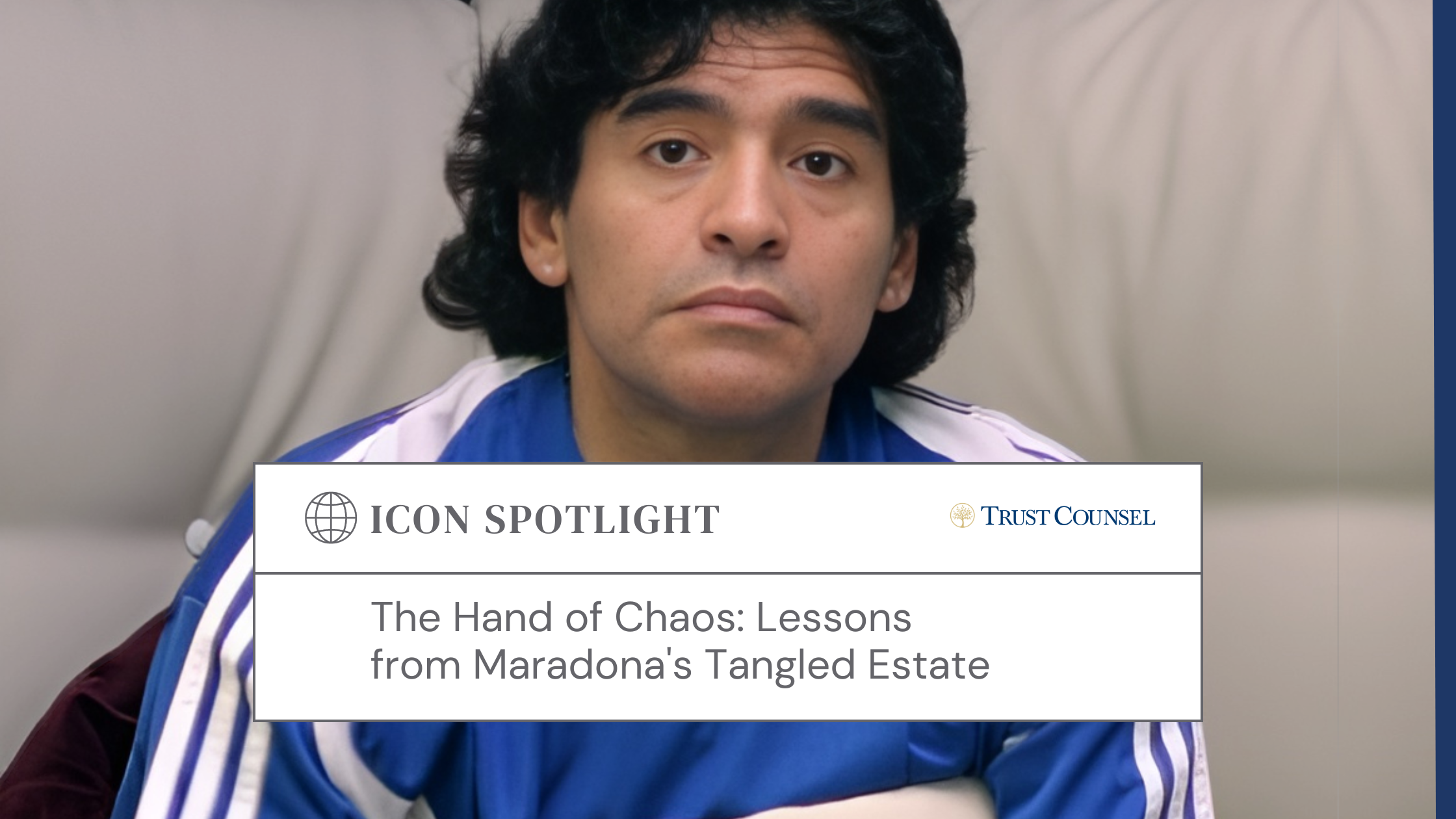Imagine you are a Royal family member; then imagine being told that you cannot bequeath your fortune to your spouse. Such is the case of Abigail Kinoiki Kekaulike Kawananakoa, affectionately known as Kekau (pronounced kay-kow), Hawaii’s last living princess.
In a court filing from last week, Hawaii Attorney General Russell Suzuki argued that the Native Hawaiian princess’s trust amendment—which would ensure that her wife, Veronica Gail Worth, would receive $40 million and all her personal property—was “too complex” and “invalid.” The grounds for these claims were based on a court ruling in which a judge concluded that Kawananakoa, who is currently 92 years old, lacked the mental capacity to manage her $215 million trust after having suffered a stroke in August 2017. As a result, the First Hawaiian Bank was appointed to serve as trustee, replacing James Wright, the princess’s longtime attorney who was a named trustee.
Kawananakoa is a descendant of Queen Lili’uokalani, the last monarch of the Hawaiian Islands. However, she inherited her wealth by being the great-granddaughter of James Campbell, an Irish businessman who came to Hawaii in the mid-1800s and made his fortune acquiring a great deal of land and as a sugar plantation owner.
But as much as Kawananakoa would like to maintain her autonomy, there are a number of red flags warranting valid concern.
Shortly after her stroke, Kawananakoa married Worth, who is 28 years her junior and with whom she had been in a relationship for the last 20 years. Kawananakoa then fired Wright after allegations of undue influence and physical abuse at the hands of Worth were made, with claims that Kawananakoa was mentally unfit to manage her finances.
The princess then attempted to amend her trust not only to provide for Worth—now her wife—but also to remove Wright as trustee, replacing him with three others, including Worth, and to set up another foundation to benefit Hawaiians with a board made up of members not appointed by Wright.
These proposed changes, Suzuki argued, would substantially alter the estate plan Kawananakoa executed before her mental capacity came into question, especially with regard to the charitable assets that were previously earmarked for Native Hawaiians. In her amendment, she stated: “I will not contribute any further assets to that foundation because I do not want those individuals having anything to do with my trust, my estate, and any charitable gifts I make during my lifetime or at my passing.”
In the interest of the public, the state became involved to protect those charitable assets. And on February 21, we will see how this story will unfold, as a court hearing on the trust amendment is scheduled. Stay tuned!




